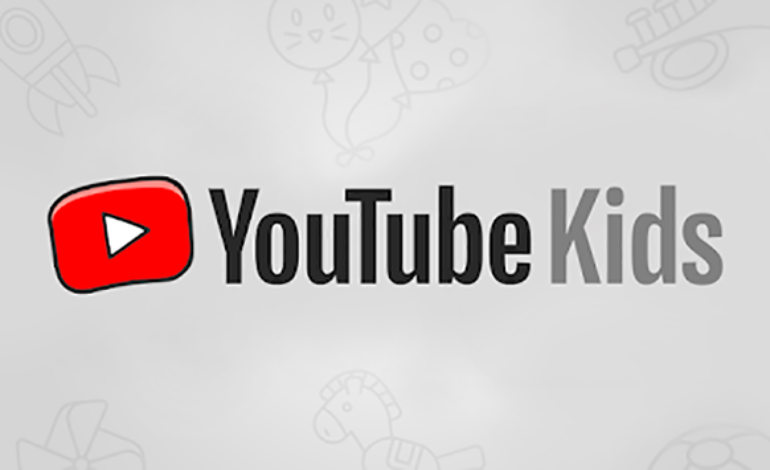

According to a report by Politico, Google agreed to pay $150 and $200 million after YouTube was allegedly charged by the Federal Trade Commission. This was after an investigation by the FTC into allegations against YouTube concerning violations of the Children’s Online Privacy Protection Act (COPPA). Bloomberg stated that, “The settlement with the Federal Trade Commission resolves a probe into whether the video service broke a law that makes it illegal to collect information on children under 13 and disclose it to others without parental permission. A group of activists last year asked the FTC to look into the matter.” Back in July, some of the settlement details were reported by The Washington Post, but they were not confirmed until Friday’s vote. The exact terms of the settlement have not been revealed except for Google’s agreement to pay the fines charged by the FTC.
This is one among other crackdowns by the FTC. Last month, Facebook shelled out $5 billion for failure to protect the privacy of their users. Musical.ly, now known as TikTok, was also fined $5.7 million by the FTC after alleged COPPA violations back in February.
Concerning YouTube’s violation, the FTC claimed that Google was “violating children’s privacy laws in operating the YouTube online video and advertising network services. Google has made substantial profits from the collection and use of personal data from children on YouTube.” The statement added that YouTube collects personal data, such as geolocation and mobile phone numbers, from all users, including those under age:
“YouTube collects this information from children under the age of 13, and uses it to target advertisements, without giving notice or obtaining advanced, verifiable parental consent as required by COPPA.”
There has been some outcry concerning the fines, not because they seem unjustified, but because the fines are actually considered to be too meager for the media giants. According to Jeff Chester, the Center for Digital Democracy’s executive director, “The punishment should’ve been at least half a billion dollars.” He added that, “It’s scandalous. It sends the signal that you in fact can break a privacy law and get away largely scot-free.”
Marc Rotenberg, Electronic Privacy Information Center President, disagreed. “The critical challenge for the FTC is whether it has the ability to restrain business practices that violate privacy,” he stated, adding that “Imposing large fines does not address that problem.”
Concerning the filtering of content, an employee from Google’s YouTube team explained: “Our systems work hard to exclude content not suitable for each of these age categories, but not all videos have been manually reviewed. If you find something inappropriate that we missed, you can block it or flag it for fast review.”
YouTube also revealed a new home for its YouTube Kids channel on Friday, whereby underaged children can have a safer experience with more content filters. The update from Google stated that although the channel currently doesn’t allow for a sign in process, it will be forthcoming. The update also stated that parents have options when it comes to censoring content for their kids, allowing parents to set their child’s age group for more age-appropriate content: “Based on the age level you select, the search results will also be limited to content recommended for kids in the preschool, younger, or older mode.”
The app was originally launched back in 2015, but data has revealed that more kids use the regular version of YouTube than use the kid-friendly app. According to Google’s statement: “YouTube Kids was created to give kids a more contained environment that makes it simpler and more fun for them to explore on their own, and easier for parents and caregivers to guide their journey as they discover new and exciting interests along the way.”
